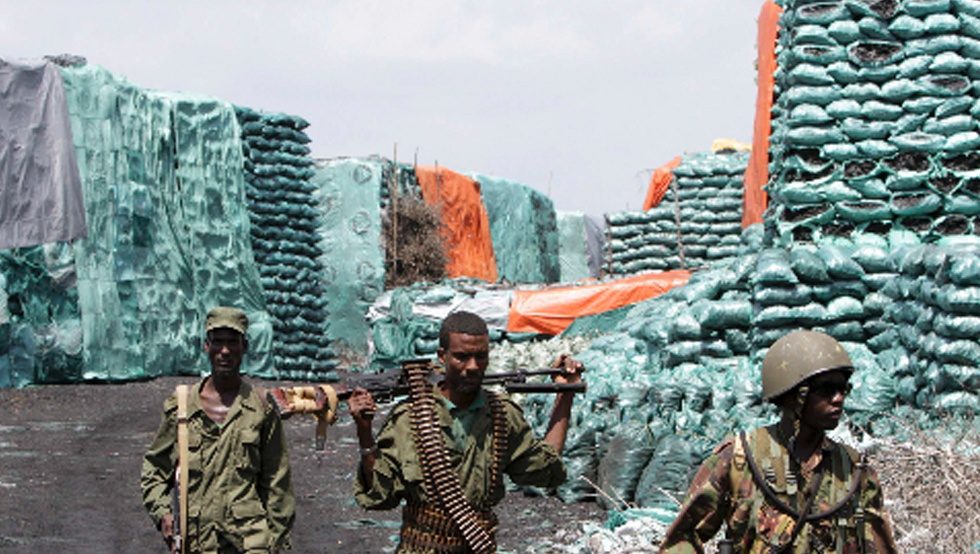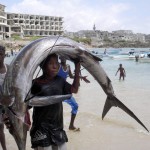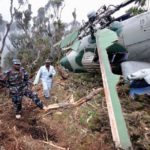Somalia is to host an international conference to stop the illegal trade, and unsustainable production and use of charcoal in the war-ravaged Horn of Africa country.
According to a release, two-day conference from May 7-8 supported by the United Nations Development Programme (UNDP), UN Environment and the Food and Agriculture Organisation of the United Nations (FAO), with funding from the European Union, Sweden and Italy, will be attended by high level Government officials, senior UN representatives, international and Somali environment experts, and international donor partners.
Key personalities at the summit under the theme: ‘Building Partnerships to Curb Unsustainable Charcoal Trade, Production and Use in Somalia’, will include among others Somali Prime Minister Hassan Ali Khayre, Peter de Clercq, Deputy Special Representative of the Secretary General, Humanitarian Coordinator and United Nations Resident Coordinator for Somalia and Erik Solheim, Executive Director, UN Environment.
‘…will for the first time convene in Mogadishu for a milestone Somali Government-led conference to stop the illegal trade, and unsustainable production and use of charcoal in Somalia,’ the release reads in part.
Export of charcoal from Somalia has been banned by a 2012 United Nations Security Council resolution and the Somali government due to its destructive effect on the environment, and its exacerbation of conflict and humanitarian crises.
Over 8 million trees were cut down for charcoal in Somalia between 2011 and 2017, increasing land degradation and food insecurity. Illegal trade in charcoal acts as major source of funding for militias and terrorist groups such as Al Shabaab, who illegally tax exports.
‘The Somali Government-led event therefore aims to urgently build alliances amongst consumer countries and international and local experts and donors. It intends to rally support for concrete action, including partnerships with investors, to stop the illegal trade and to strengthen ongoing work in developing alternative livelihoods and alternative energy sources in Somalia,’ the release adds.








